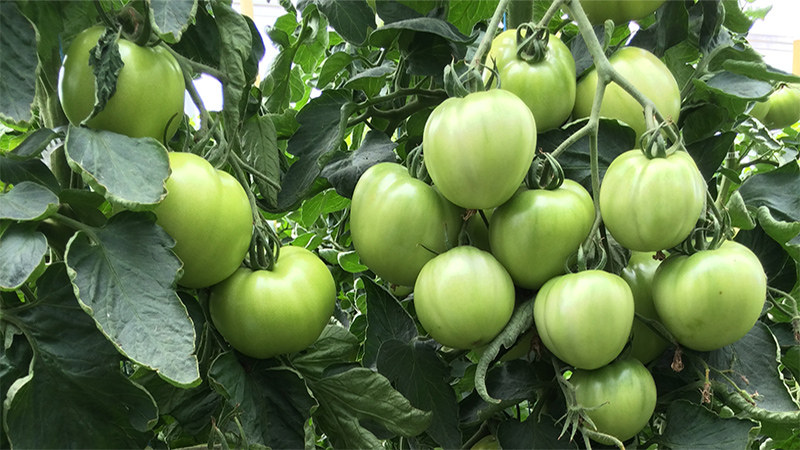Brazil’s New Ag Minister Looks to Speed Up Regulatory Process

Abreu
There are finally concrete signs of progress in streamlining Brazil’s regulatory process now that President Dilma Rousseff appointed Katia Abreu, ex-president of the country’s top farm lobbying organization, as Minister of Agriculture in December. Seen as an insider who is keen to improve dialogue between the government and business sector, particularly for rural entrepreneurs, Abreu has made it a priority to speed up the country’s notoriously slow regulatory process. The idea is to consolidate Brazil’s three regulatory bodies into one, similar to the country’s CTNBIO – a more efficient counterpart that evaluates transgenic crops in Brazil.
“Ms. Abreu knows (about the problems with) the registration process very well as she was president of the Agriculture and Livestock Confederation of Brazil (CNA). She has held several meetings to understand why generic products and new molecules took so many years to be approved even though they reduce costs for farmers,” says Elaine Lopes da Silva, technical manager of registration consultancy Leisor Registros in São Paulo.
“We are expecting many changes during this year and we really hope she can do something,” da Silva told FCI. “It’s critical as this year we have several environmental and toxicological re-evaluations that could cause more delays in the evaluation of new registrations of both new molecules and generics.”
According to the Journal O Valor Economico newspaper, the Brazilian government and private sector, represented by pesticide companies and Brazilian pesticide associations, have been meeting constantly over the past year to present proposals for speeding up registrations. Maria Luiza Castro, technical director at Brasilia-based regulatory consultancy CESIS and GLP inspector for the National Institute of Metrology, says that a key proposal is the creation of a Pesticide Technical National Commission, which would be subordinated to the Civil House and comprised of a certain number of technical members. Thus, two of the three current regulatory bodies, ANVISA and IBAMA, would define parameters and requirements for product submission but would not be in charge of process analysis.
Under this proposal, new products would be evaluated in the first stage by technical entities, such CROs, universities and laboratories, authorized by the government, and after that, submitted to the National Commission for final analysis by its members. This procedure makes it possible to create a list of raw material and permitted substances and not just a list of approved and denied products, speeding up the process.
Changes will be welcome: According to AENDA, the Brazilian Generic Pesticides Industry Association, in the last two years, out of 1,000 pending approval decisions for registration processes in each year, timeframes lengthened from four to five years to an average of 11.7 years to gain approval. Even that figure is optimistic, Castro adds.
Despite the difficulties and delays in registration, current numbers and future projections show that Brazil is worth investing in because of its sheer economic size, diversity and potential. Plus, the country has made meaningful progress in opening up its markets for investment, says Castro. It is now a primary target for North American and European capital, with many of the world’s largest companies making strategic acquisitions. “Brazil possesses considerable market expansion potential and has been emerging and assuming an outstandingly important position for the scope and value of the international pesticides market,” Castro says.






